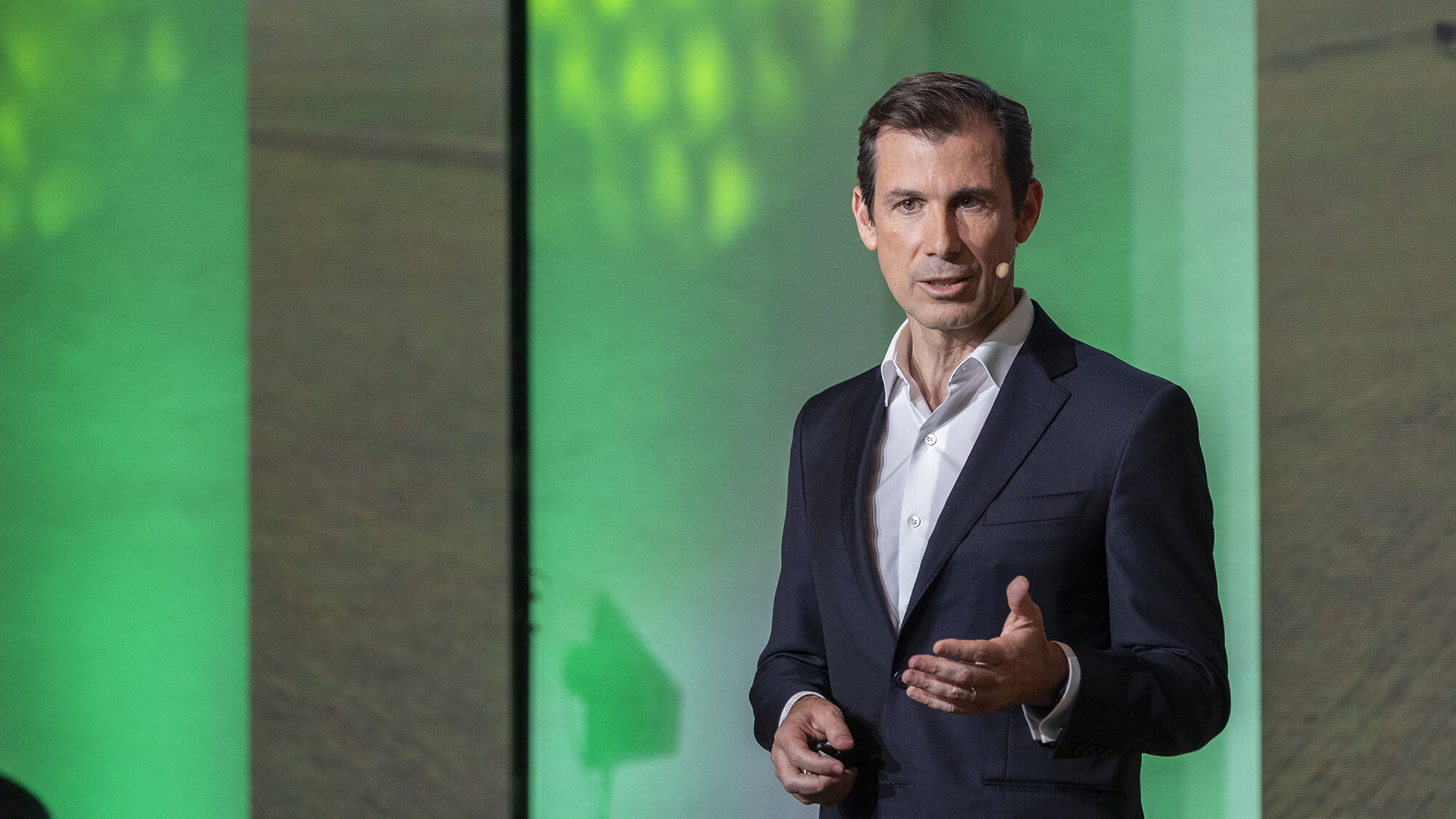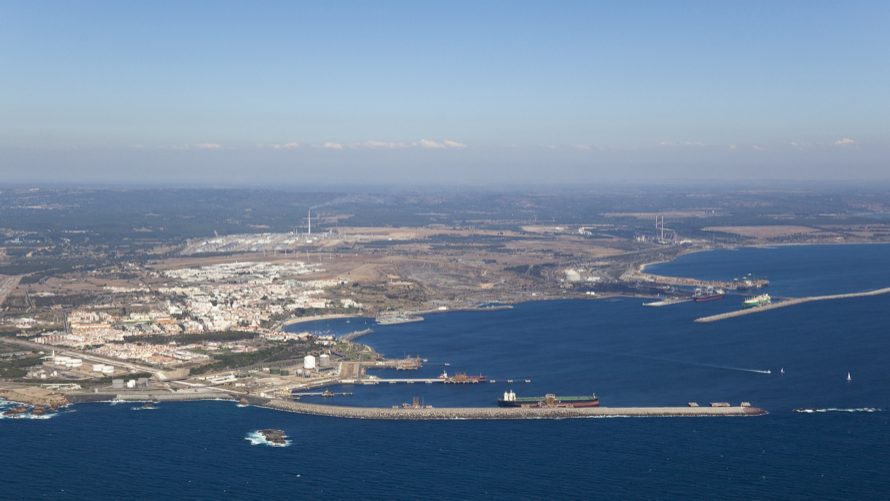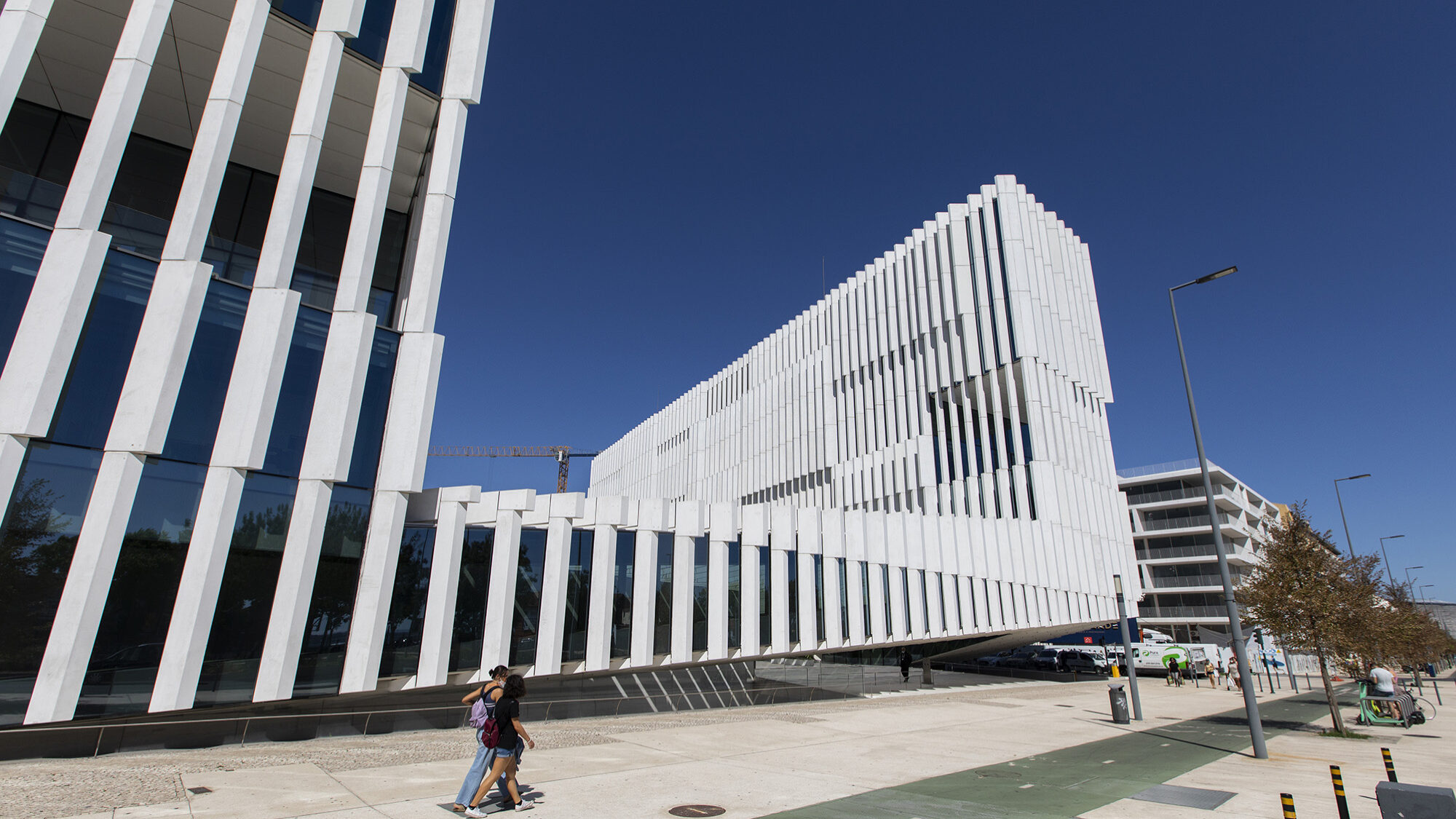Brazil’s Icro expects to invest €500M over next three years
"So far, €200,000 have been invested in Portugal", and "our forecast is that in the next three years, another €500,000 will be invested".
The director of strategy and innovation at Brazil’s Icro Group told Lusa on Wednesday that the technology company, which has just launched the Neuron smart platform in Portugal, expects to invest “another €500,000” in the country over the next three years.
“So far, €200,000 have been invested in Portugal”, and “our forecast is that in the next three years, another €500,000 will be invested,” Armando Marsarioli Filho said when asked about the issue.
Armando Marsarioli Filho is in Portugal to launch Neuron technology, “an intelligent platform that brings together latest generation technologies such as the industrial Internet of things, ‘blockchain’, artificial intelligence, and aims to bring intelligence to machines, like an artificial brain,” explained the innovation director of the Brazilian technology company.
With this solution, the “machines start to make decisions about the best time” for each stop, scheduled maintenance, know which parts need to be changed and can even “purchase requests directly from approved suppliers” and even service providers who do work for companies, he said.
That is, “the machine already identifies who are the professionals that have the necessary skills for these interventions and, at the end of it all, the machine also evaluates the quality of service and care of these approved suppliers,” said Armando Marsarioli Filho.
Asked about which sectors this innovation is directed, Armando Marsarioli pointed out the industrial, “since the agro-food, mining, steel industry, pharmaceutical industry”, among others.
On what distinguishes Neuron from other technological solutions, he pointed out that it is “an unprecedented technology in the world”.
This is “the first time that ‘blockchain’ technology is being used in this way, in industrial maintenance, taking all this intelligence to maintenance management, with the main objective of reducing downtime” of the machine, he argued.
With this, it increases machine productivity, reduces maintenance costs and ‘stocks’ of maintenance parts.
Asked what the target turnover for this year is, Icro’s director of strategy and innovation said that, “following the potential, depending on Portugal’s GDP [Gross Domestic Product], the estimate (…) is around five million euros, from the third year of operation in the country”.
Icro has been in Portugal since 2019, but due to the pandemic period, it is only now in a position to bet on the Portuguese market.
Regarding the number of people hired, he said that it would depend a lot on the evolution of this project in Portugal.
“But we need to count on industrial engineers and computer science specialists, so the estimate for these first three years is that we have around 10 people here, working with this development focus for the country,” he said.
“Our activity will also involve alliances with the University of Porto and the Technological Institute of Bragança, where the idea is that we act together in a partnership of research, development and innovation of these technologies of the last generation, which will meet the concepts of Industry 4.0,” said Armando Marsarioli Filho.
“This is very important because it will increase the internationalization and competitiveness of Portuguese professionals, according to the countries where we intend to deploy this technology beyond Portugal,” he concluded.
The Brazilian Icro Digital, a startup of the Icro Group incubated at the Federal University of Alfenas (UNIFAL – Minas Gerais) in Brazil, presents today the Neuron technological platform to the Portuguese market.
Neuron combines the latest generation technologies, such as ‘blockchain’, Internet of Industrial Things, Machine Learning, among others, “to ensure up to 30% reduction in downtime for maintenance, reduce stocks of parts and consumables up to 40%, increase the availability of industrial assets up to five percentage points and prevent environmental accidents associated with failures of protective equipment,” according to the technology company.


